Interest Free Financing Up To 36 Months
WE DO NOT ONLY PUMP YOUR TANK - WE CLEAN IT!
Multiple Financing Options Are Available Up To 36 Months
Interest Free Financing Up To 36 Months
WE DO NOT ONLY PUMP YOUR TANK - WE CLEAN IT!
Multiple Financing Options Are Available Up To 36 Months
Every homeowner should know how to maintain a healthy and effective septic system, and the first step in providing good septic care is knowing the parts of your system. The septic tank filter is one important component that is frequently disregarded.
In this blog post, our professionals from Septic Blue of Raleigh will explore the significance of the septic tank filter and guide you through the process of locating it in your home.
Let's first examine the significance of the septic tank filter before moving on to its position. In order to keep debris and solid waste out of the drain field, the septic tank filter is essential. Sludge and scum buildup in the septic tank over time can result in obstructions and even system breakdowns. In addition to the regular septic tank pumping that is necessary to remove these collected solids, the filter serves as an extra layer of protection, keeping larger particles out of your system and preventing damage.
Maintaining your sewage system effectively requires knowing where the filter in your septic tank is located. Here are some broad pointers to assist you in finding your septic tank filter, while the precise position may differ based on your system's design:
After you've found your septic tank filter, you should make routine maintenance a part of your schedule. This comprises:
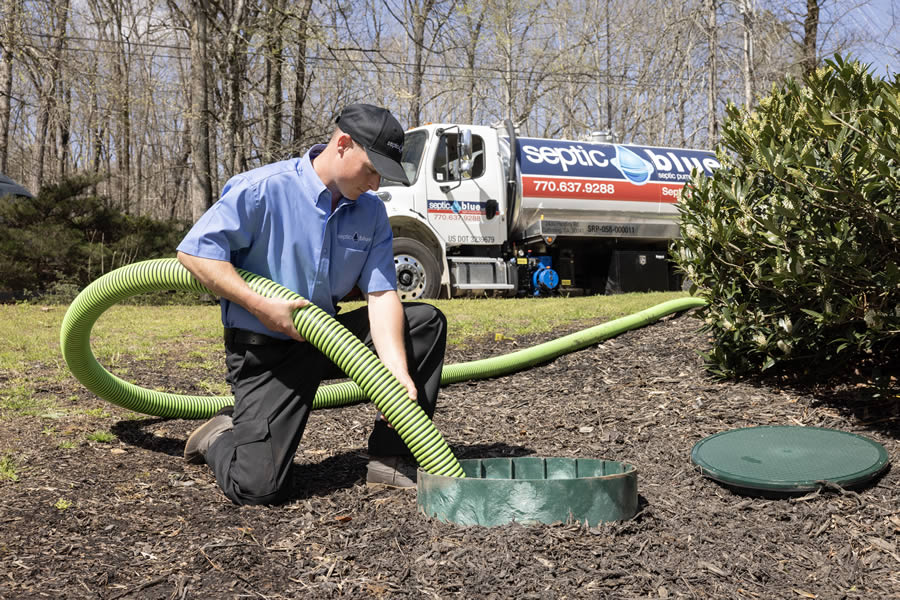
Septic tank pumping in Raleigh has never been so affordable and accessible thanks to the professionals at Septic Blue. We are…
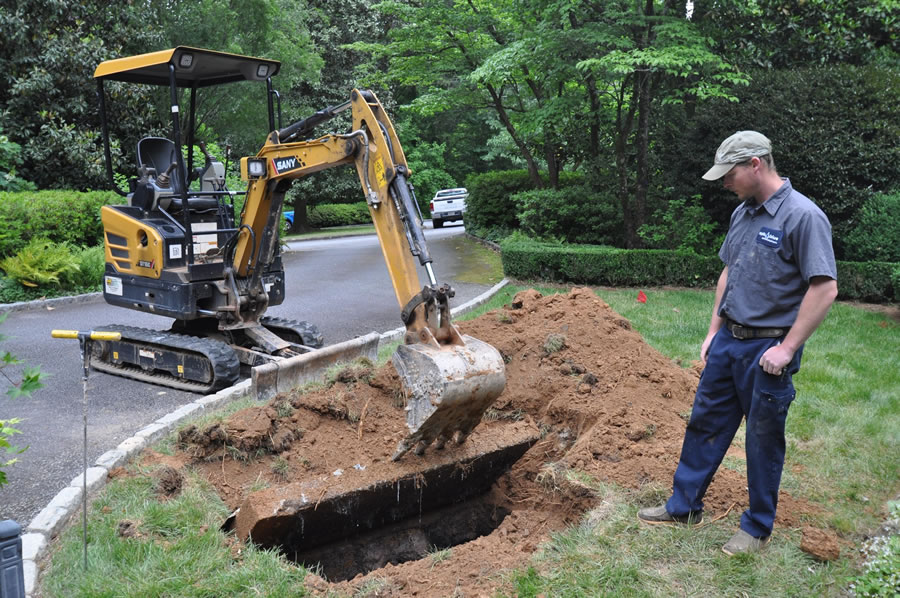
One quarter of Americans rely on septic tanks to process household waste. Most Septic Blue locations have septic tank experts who…
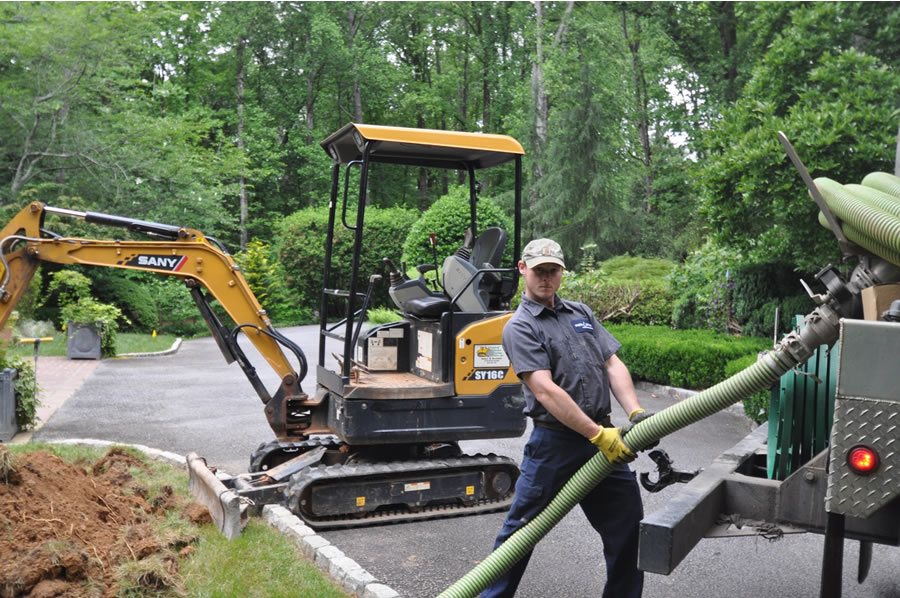
Call Septic Blue today for a second opinion. If you choose to go with Septic Blue, you'll receive $250 off your…
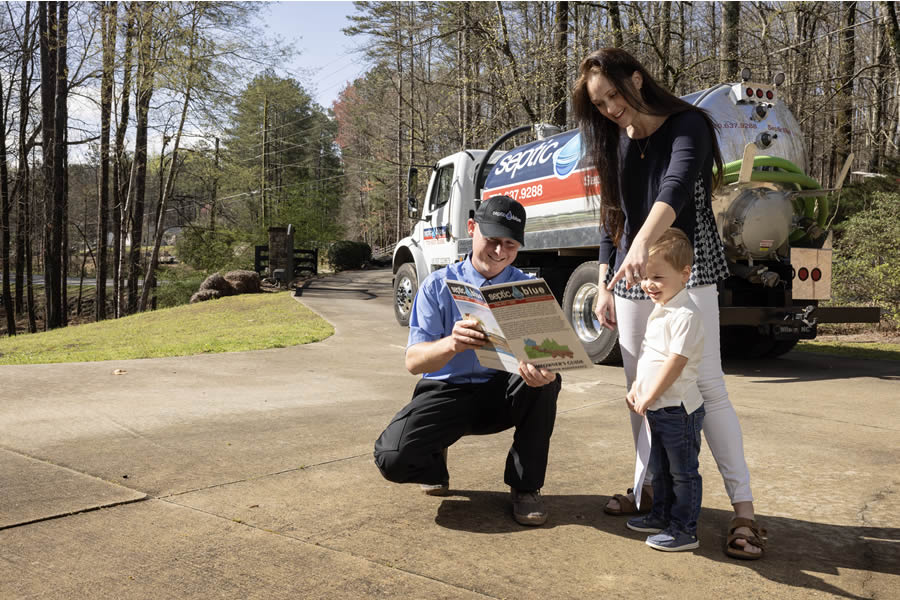
If you are a homeowner or resident in Raleigh that is among the 20 percent of households in the U.S. with…
Professional Saptic Plumbing solutions for every need. Contact Us Today!
Are you in need of a septic company? Luckily, we at Septic Blue of Raleigh have dedicated workers ready at your service. Contact our representatives for more questions.
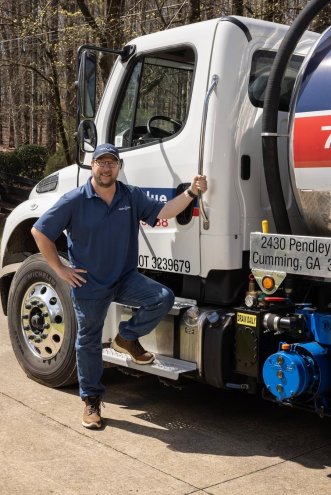
A septic system is designed to move wastewater efficiently from your home into a tank and then into the drain field.…
.webp)
Even if it often fades into the background of daily life, a septic system plays a critical role in keeping your…
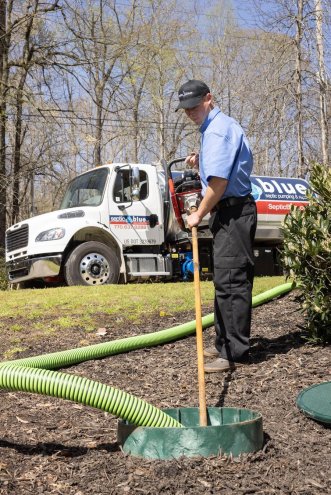
Septic systems play a critical role in protecting your home, health, and surrounding environment. Unfortunately, they're often misunderstood as systems that…
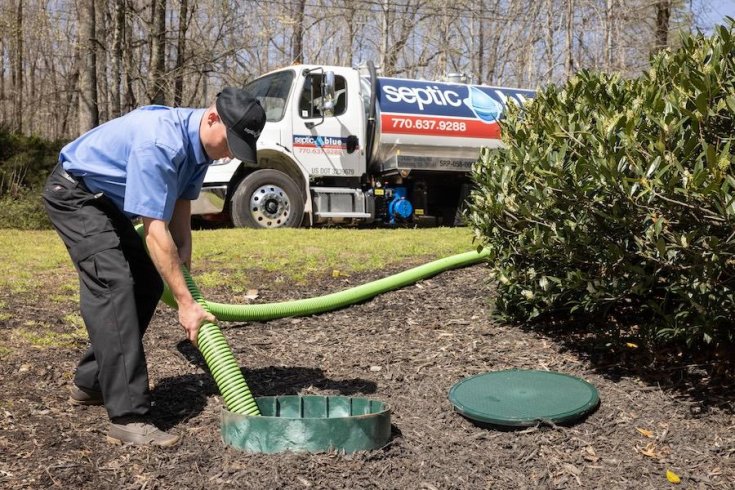
A well-maintained septic system supports daily life in ways that are easy to overlook, from dependable drainage to a healthy home…